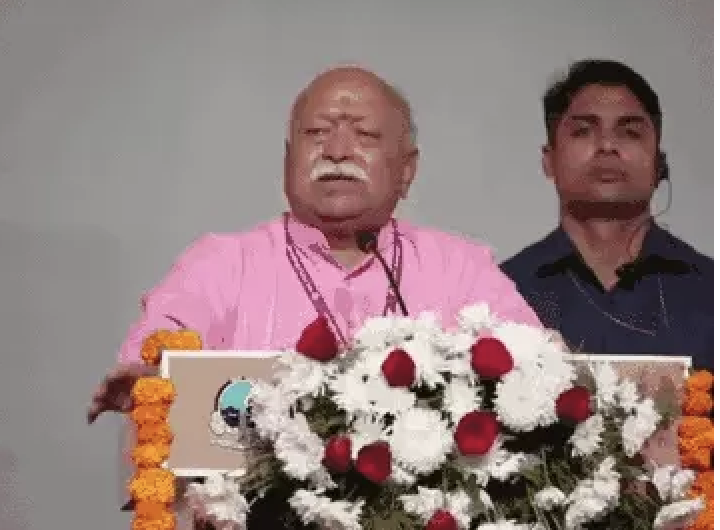By Muhammad Ahmad Khan & Saniya Khan
By the time the British left the Indian subcontinent, the empire had been using communalism to divide and rule for decades, and the ideology had gained momentum. The subsequent birth of an India based on secularism was evident in the visions of its founders.
However, nationalist forces, particularly religious nationalists, had also been growing in parallel since the 1920s. Present-day India under the Bharatiya Janata Party (BJP)’s rule is more significantly under the spell of communalism than that of religious nationalism. The systemic marginalisation of minorities including Muslims, Christians, and Sikhs demonstrates that India is growing on communal fault lines.
The Indian officials often threaten to wipe Muslims out, who are portrayed to be aliens to Hindu land. One such incident came to light when Karnell Singh, a BJP leader, threatened to slaughter 200,000 Muslims when a cow’s head was found near a Temple in Delhi. Christians also face neglect, such as in Manipur with the Centre taking no interest in resolving the conflict between Hindus and Christians.
Although the terms ‘religious nationalism’ and ‘communalism’ are often used interchangeably, there is a slight difference in their implications. Shashi Tharoor quotes Ernest Gellner, one of the major proponents of defining nationalism, stating, ‘nationalism is not the awakening of nations to self-consciousness but rather the invention of nations where they did not exist.’ On the other hand, Harbans Mukhia describes communalism as ‘organizing an exclusive religious group on the basis of hostility to one or more of the others at the social level.’
Currently, under Prime Minister Modi, Muslims are socio-politically and economically marginalised in the Hindu-dominant society. Research by The Hindu shows that Muslim representation in the 18th Lok Sabha fell to record low at 4.41 percent, the lowest in six decades. Out of 24 Muslims MPs, there are none who came from the BJP’s platform. Notably, Muslim representation continued to significantly decline under National Democratic Alliance (NDA) governments. Mukhia further explains that communalism, contrary to religious exclusiveness, is more organised and often accepts systematic ideologies. It starts impacting almost all aspects of life.
This story was originally published in blogs.lse.ac.uk. Read the full story here.






